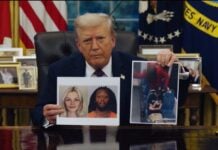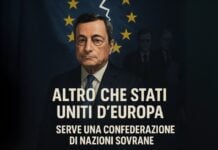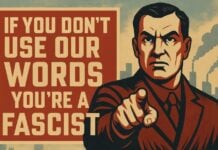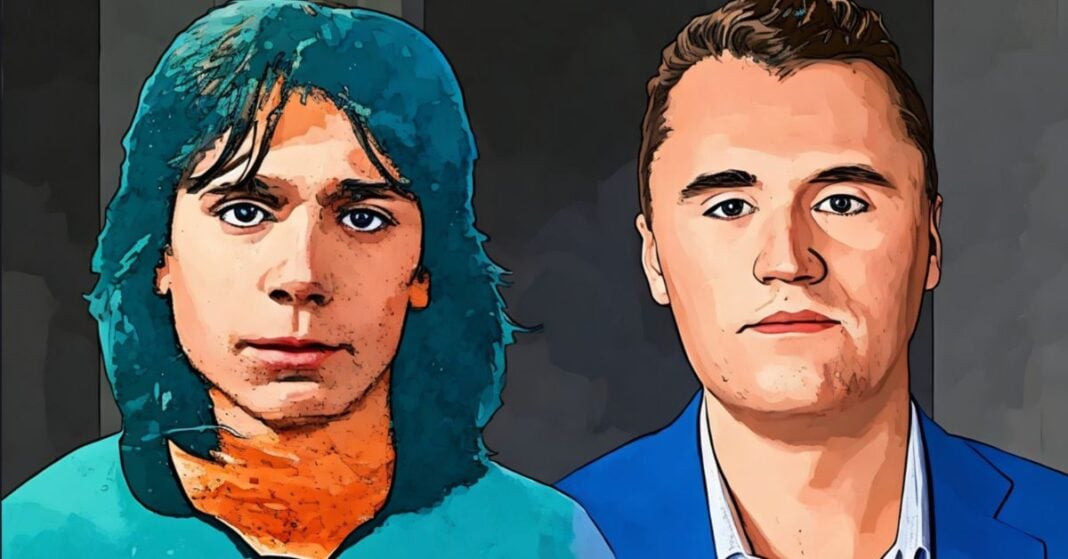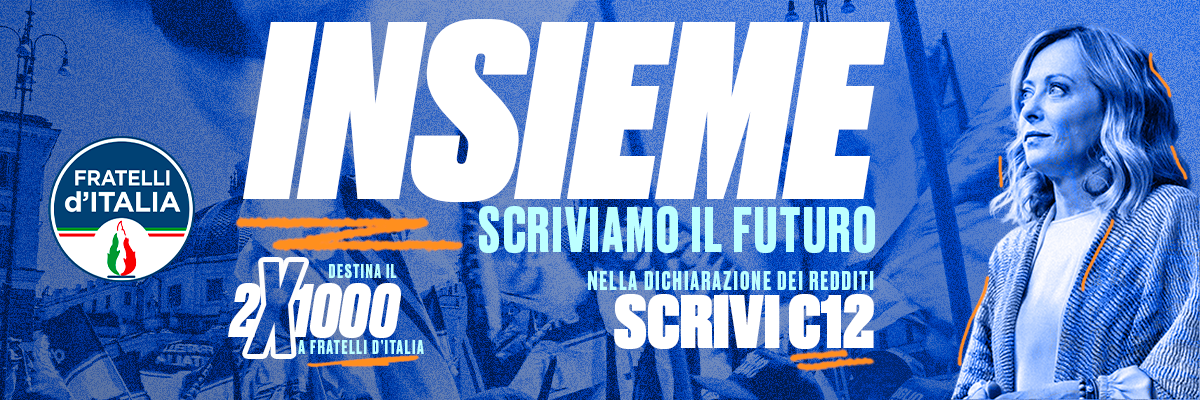What would I leave behind if I died today? It’s the question that has been echoing in my mind since I saw the shocking images of Charlie Kirk, gunned down like a dog while speaking to thousands of students.
To publicly express one’s ideas, if they are not aligned with the dominant thought, has today become highly risky. This is not rhetoric. The most serious and at the same time paradoxical aspect is that much of the responsibility for this toxic climate does not lie with the extremists of the radical left, the bottom of the pyramid, but with the top: ruling classes, journalists, opinion makers. They are the ones who, right now, are flooding newspapers and television shows with hatred against a 31-year-old man murdered while expressing his ideas. A repugnant spectacle.
I began doing politics after learning about the story of Sergio Ramelli and then, with him, of all the young men murdered in the 1970s. A page of history that the Western left is now reprising, rehashing the same principle as then: killing a fascist is not a crime.
The left exalts this murderous concept to the point of bringing Ilaria Salis to the European Parliament, rightly on trial in Hungary for having smashed the skull of someone who thought differently.
On the bullets of Tyler Robinson, Charlie’s assassin, were engraved phrases taken from that same ideological arsenal: “Bella ciao”, “Hey fascist, take this.” Exalting that so-called “militant antifascism” to which no one who is not as radicalized as they are will ever adhere—simply because it is the same matrix that armed the hands of those who yesterday killed young men like Sergio Ramelli and, today, Charlie Kirk.
I fear that Charlie’s assassination marks a point of no return. And I say it honestly: anyone who, like me, shows his face every day to defend the values of Western civilization and to openly fight the dominant thought, today exposes himself to the very real risk of being targeted by some unhinged individual incited by the bad teachers who lead parties and newsrooms.
Am I afraid? First of all, I am the father of a wonderful young girl. It would be irresponsible not to be. Fear, if managed, allows us to avoid unnecessary risks, but it is not an excuse to hide. On the contrary. After what happened to Charlie, it is my intention to fight with even more determination—for whatever little I can do—to defend our values and my community. To wipe away the hatred that poisons the West and, as Charlie himself said, to “de-radicalize it” so that those who think differently can once again engage civilly, just as they did at his events.
And I return to the initial question: what would I leave behind if I died today?
I would leave behind my daughter Vittoria, the greatest gift of my life. The more I look at her, the more I live her presence, the more I am convinced that I came into this world to meet her wonderful mother and to bring into the world such an extraordinary creature. I am so proud of her, of the way she thinks, of her character, of her pure sweetness and her allergy to any form of conformity. I love her more than anything else in the world.
Then I would leave behind a few coins in the bank but, as my father used to say, a reputation that—I believe, but prefer to let others judge—is worth far more. I would leave behind my twelve books and a few thousand articles.
I would leave behind Passeggiata Ramelli, a splendid corner in the place I love most, my Como. I would leave behind the many things I have accomplished in my work. I would leave behind what I have taught my students. I would leave behind my wonderful mother, my sisters, my nephews, and all of my family.
I would leave behind my dearest friends, and my political community. I would leave behind Irene. I would leave behind the dreams I continue to pursue, above all that of doing my part to set things right in my city. I would leave behind my objects of little value, among which surely stand out my books and my collections of comics and old newspapers. I would leave behind my twenty-four-year-old Mercedes. I would leave behind, I hope—but it is not for me to say—a good memory in many of the people I have met along the way.
Thank God I can use the conditional. Boys like Sergio and Charlie, instead, cannot.
All of this was stolen from them in the name of an ideology that has always used violence and the physical elimination of the opponent as a political weapon: communism and all of its derivatives.
Our leaders must defend freedom of opinion with even greater determination, repealing every form of censorship imposed by the wardens of woke ideology and concretely supporting those who invest in free information, independent of the mainstream media and their financiers intent on dismantling our society—George Soros and Bill Gates, just to name two.
The greatest mistake would be to fight hatred with the same means used by the haters: censorship and prison for those who dissent. That would be a contradiction in terms. On the contrary, hatred is defeated by defending and promoting freedom of opinion: on social media, in the squares, but also in newsrooms, on television shows, in cinema, in culture.
It is defended by breaking the monopoly of woke conformism, which at our latitudes is still treated with far too much timidity, perhaps out of fear of being labeled “fascists.” But they already do that anyway!
Let us spread freedom, let us promote and sustain truly free, non-mainstream information with concrete means—including money, a lot of money—because without that the fight would be unequal. And hatred will be swept away in the name of the martyrs whose lives were taken. We owe them that.

